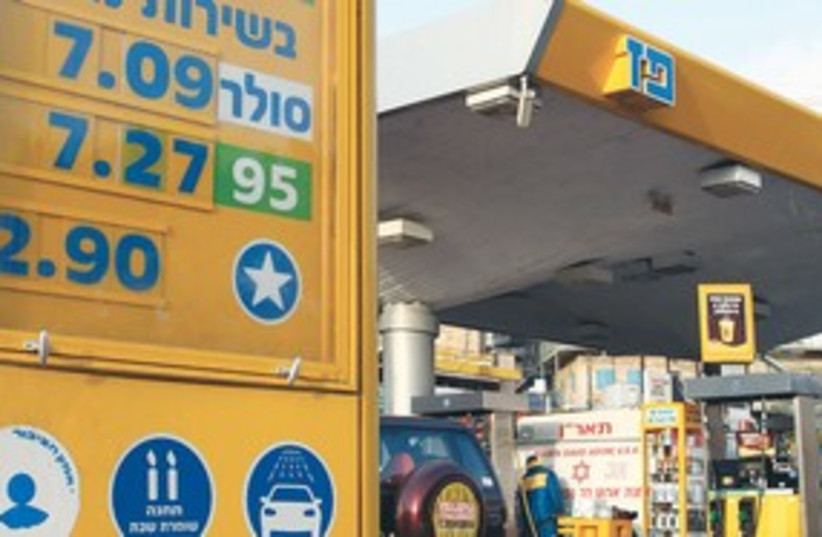United States President Joe Biden’s visit to the Middle East, last month, was no vacation. The range of sensitive matters on the table in Saudi Arabia continues to be urgent, particularly Iran’s renewed pursuit of a nuclear weapon and the region’s refusal to implement Western sanctions on Russia. Perhaps the most pressing of these concerns - and an ongoing source of friction with Riyadh - will be the need for the Saudis and their neighbors to export more oil.
Americans have been contending with a surge in gas prices we have all been feeling. The main culprit is Russia, whose war on Ukraine has upended global energy markets.
Russia’s attack on Ukraine has combined with remnant supply chain issues from China and other bottlenecks. We all feel the pain at the pump, where a full tank is sky high, more than most of us have ever paid.
The higher price of transport ripples throughout the economy, increasing the cost of basic consumer goods and contributing to inflation. Saudi Arabia is not primarily to blame for the explosion of gas prices, which has seen the cost of a barrel of oil fluctuate drastically higher.
But it’s not like they can’t do anything about it. With a mutual defense agreement for the past 70 years and US support for the Saudis in every national defense aspect, from equipment to training, our commander in chief is very much right to demand that the Saudis do their part to ease energy pain in the US and throughout the globe.

The kingdom and its OPEC partners have not been producing at capacity. Saudi Arabia plans to bring up production to 10.5 million barrels a day and yet it can pump at least 12 million barrels a day. The White House is correctly insisting that Saudi Arabia and other Gulf countries pull their weight.
THE US should not have to ask twice from the Saudis. As a former senior adviser to a US defense secretary, I know first-hand how much we have done for our defense partners in the Gulf. We have supplied them with cutting edge technology and equipment, trained their militaries, included them under our umbrella of protection and fostered new alliances to confront Iran, as seen in the rapprochement between Sunni Arab countries and Israel.
Trouble in paradise
Yet this does not mean our relationship has been without turmoil. Biden has had some choice words for Saudi Crown Prince Mohammad Bin Salman (MBS) and the de facto ruler of the kingdom. American intelligence reports show that the crown prince ordered the murder of journalist Jamal Khashoggi, a gruesome crime that shocked the international community.
While the prince has attempted to relax some of the extreme religious strictures of the country, he has too often trampled the human rights and civil liberties of his subjects. Even while maintaining our strategic partnership with Saudi Arabia, the White House has justly held Riyadh to account.
Diplomacy is not simple
We, in US, cannot always choose our partnerships when we put our nation’s security and our people first. But we can insist that our allies act in a spirit of reciprocity. That is what the administration did with this visit.
I know how hard this sort of diplomacy can be. In the six years that I served at the Pentagon, I traveled to the Middle East 64 times. I have met with military and political leaders in Riyadh and Jerusalem on many, many occasions. I understand how decisions made around those negotiating tables affect the conversations Floridians have around their kitchen tables.
I am nonetheless bullish on what diplomacy can and will deliver. We can make progress, as we did when I spearheaded American support for Israel’s Iron Dome defense system. There is potential for growing even more cooperation in the Middle East between the Gulf States and Israel, including on mutual defense and economic collaboration initiatives. In the meantime, I am confident that my colleagues will keep their eyes on the prize and the Saudis will help us in this time of energy crisis.
The president was right to travel to Saudi Arabia and I wish him success with future engagements, but the US should not have to ask twice.
The writer, a Pinellas, Florida, native and resident, worked as senior legislative staff in the US Congress before serving six years in the Pentagon as senior adviser to the US secretary of defense.
